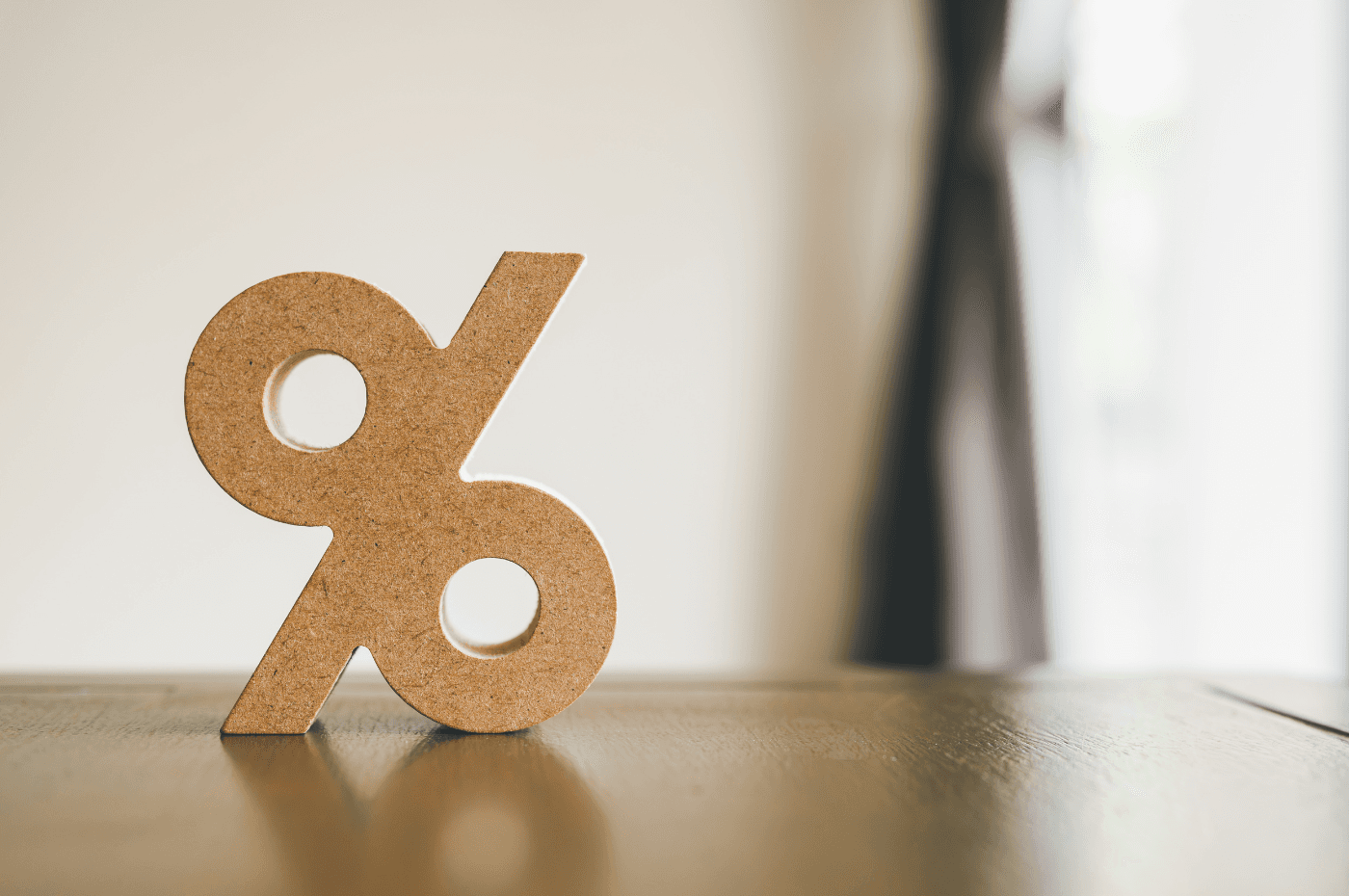The type of mortgage you choose to finance your home will have a significant impact on your financial management. That’s why it’s crucial to carefully consider the difference between a conventional mortgage and a collateral mortgage before making a decision.
In Quebec, you will inevitably come across these two types of contracts, which are quite different from each other. Before committing, it’s important to understand the distinctions between these mortgage options, as well as their potential advantages and disadvantages.
Your choice will affect your ability to transfer your loan to a different financial institution, your ability to borrow additional funds from your current lender or another bank, and even your ability to discharge your mortgage. Let's dive in!

The conventional (or traditional) mortgage
A conventional mortgage, also known as a traditional mortgage, is one of the most well-known types of home financing. However, it is becoming less common among today’s financial institutions.
In a conventional mortgage, the registered amount corresponds exactly to the amount borrowed to finance the property.
For example, if you purchase a home worth $350,000 and decide to borrow $295,000, the mortgage amount will be $295,000.
Because the mortgage amount is tied directly to the property value, a conventional mortgage does not secure additional loans. This means that if you need extra funds for another project, such as home renovations or purchasing a second property, you will have to apply for a new loan, which will be subject to the lending criteria in place at the time.
When you sign a conventional mortgage, certain terms are registered in the land registry. These terms typically include the loan amount, payment schedule, interest rate, and other specific conditions of the mortgage such as the rights of the lender and the obligations of the borrower.
One key advantage of a conventional mortgage is its flexibility in changing lenders. Borrowers can usually switch to a new financial institution by transferring their mortgage without needing to apply for a new loan. The process simply involves transferring the mortgage balance and covering any associated fees.
Finally, the cancellation or discharge of the mortgage occurs once the loan is fully repaid. This can either be done automatically by the lender or requested by the borrower, depending on the terms of the agreement.

Regular vs. high-ratio mortgages
Conventional mortgage can be divided into two categories based on the amount of the down payment: regular mortgages and high-ratio mortgages.
-
A regular mortgage is available when the down payment is at least 20% of the property’s purchase price. In this case, the borrower is not required to purchase mortgage loan insurance, as the lender’s risk is considered lower with a larger down payment.
-
A high-ratio mortgage applies when the down payment is less than 20% of the property’s purchase price. In this scenario, the borrower must obtain a mortgage loan insurance. This insurance protects the lender in case the borrower defaults on the loan.
Regardless of the mortgage type, a minimum down payment of 5% is required for any property valued under $500,000. For properties priced above $500,000, the down payment must be 5% of the first $500,000 and 10% of the amount exceeding that.

The collateral (or umbrella) mortgage
Also referred to as an umbrella mortgage, a collateral mortgage is more complex than a conventional mortgage but offers greater flexibility for both the lender and the borrower. Some financial institutions exclusively offer this type of mortgage.
Unlike conventional mortgages, which covers only the amount borrowed for the purchase of the property, a collateral mortgage involves a separate loan agreement that provides different credit terms. The maximum guaranteed amount is then registered in the land registry.
The key feature of a collateral mortgage is that the registered amount is typically higher than the actual amount borrowed for the property. This allows the borrower to use the mortgage to secure additional debts, such as credit lines, credit cards, car loans, or personal loans, both current and future.
For instance, if you buy a home worth $350,000 and take out a mortgage of $295,000, the registered mortgage amount could be $350,000 to accommodate any additional borrowing with the same lender.
However, when it comes to transferring the mortgage to a new lender, it’s more difficult with a collateral mortgage. The new lender may not accept the original mortgage, requiring the borrower to take out a new mortgage and cancel the existing one. This process can be costly for the borrower.
Additionally, if the collateral mortgage is cancelled, all debts secured by the mortgage must generally be repaid in full before the contract can be terminated. Unlike a conventional mortgage, where cancellation can happen automatically once the loan is repaid, the borrower must contact the financial institution to request the cancellation of the mortgage.

Accessing additional funds: pros and cons
What are the advantages?
A collateral mortgage offers the benefit of securing a higher registered amount, allowing the borrower to access additional funds, up to the agreed limit, without needing to take out a new mortgage. This means that the borrower can avoid the costs associated with applying for and setting up a new loan.
The additional funds can be used for a variety of purposes, whether related to the property such as renovations, or for other projects such as purchasing a second home or consolidating debts. The ability to tap into these additional funds without a new application can be very convenient, especially for those who anticipate needing credit for future expenses.
What are the disadvantages?
While the option to borrow more is flexible, it can also be risky. The ease of accessing additional funds might encourage borrowers to take on more debt than they can manage, which could lead to financial strain in the long run.
It’s also important to note that additional funds are not automatically granted. The borrower must reapply for the additional credit, and approval will depend on the lender’s current credit standards. If the borrower’s financial situation has changed or the lender deems the request too risky, the application for additional funds may be denied.
Comparative table of the two types of mortgages
In order to help you better understand the difference between the two, here is a visual summary of the different characteristics of conventional and collateral mortgages.
| Features | Conventional mortgage | Collateral mortgage |
| Registered amount | Corresponds to the amount finances for the property. | Greater than the amount financed for the property. |
| Credit terms | Terms are entered directly in the land registry. | A separate credit agreement is created to establish the credit terms. |
| Debts secured | Only secures the mortgage used to purchase the property. | Secured several current and future debts. |
| Additional funds | A new loan must be taken out for supplementary funds, and fees may apply. | Additional funds can be accessed without applying for a new loan, with no fees. |
| Transfer | typically possible with minimal hassle. | Transfer is difficult as the original mortgage must usually be written off. |
| Transfer fees | Generally low or no fees for tranferring the mortgage. | Fees apply for setting up and cancelling mortgages. |
| Mortgage cancellation | Can be done as soon as the mortgage is repaid in full, either automatically or upon request. | Can be cancelled only once all debts secure by the mortgage are repaid. Cancellation requires borrower request. |
Before making a decision, it’s essential to take the time to compare offers from various financial institutions to ensure you find the mortgage that best fits your needs. Understanding the pros and cons of the type of mortgage you choose is crucial for your long-term financial health.
Are you looking to secure a mortgage loan?
XpertSource.com can help you in your efforts to find a mortgage broker. By telling us about your project, we will refer you to top-rated experts, free of charge! Simply fill out the form (it only takes 2 minutes) and you will be put in contact with the right experts.





